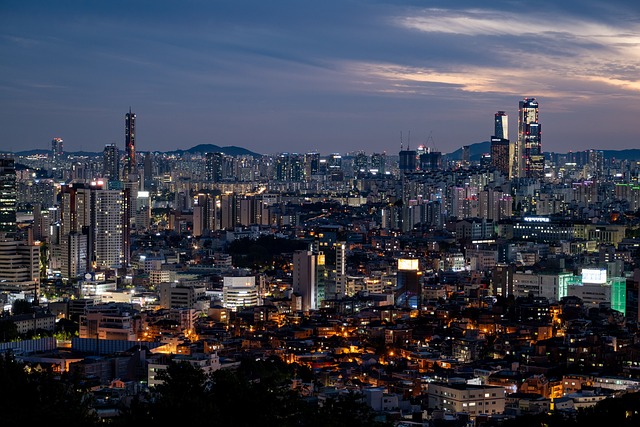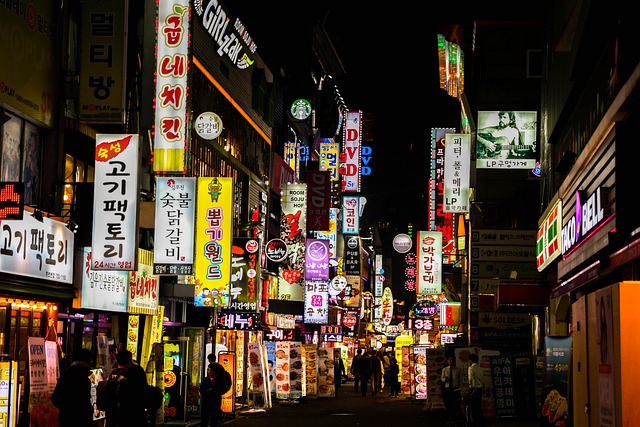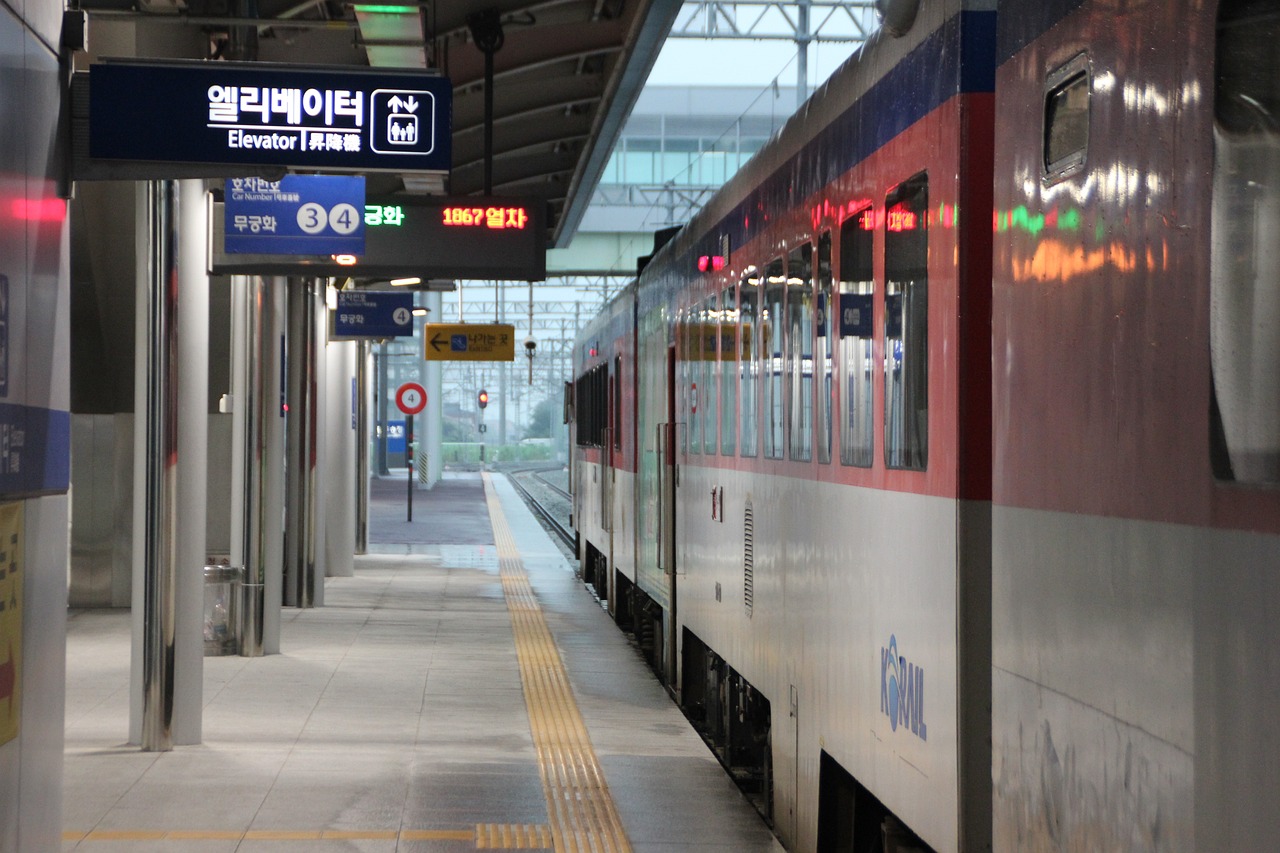Cost of Living in South Korea: Expenses and Budgeting You Need to Know
Jennifer Johnson - 2024-01-24 09:47:25.0 1296

If you're considering relocating to South Korea, whether for work, study, or just to experience life in Korea, understanding the local cost of living is undoubtedly an important first step. South Korea, especially Seoul, is often perceived as an area with high living costs, but the actual situation may be more reasonable than you imagine.


Housing Costs
The cost of living is generally similar throughout South Korea, with housing being one of the major differences. Housing costs and security deposits are significant reasons why Seoul often ranks among the top ten most expensive cities globally. In South Korea, the two most common rental systems are "전세 (Jeonse)" and "월세 (Wolse)," each with its characteristics and advantages.
- 전세 (Jeonse) - Lump-sum Deposit System
- Jeonse, or the lump-sum deposit system, is a unique Korean housing rental method. Under this system, tenants pay a substantial deposit (usually 50% to 70% of the property's value) to the landlord as a security deposit for the rental period. This deposit is returned in full, without interest, at the end of the lease.
- Under the Jeonse system, tenants usually do not have to pay monthly rent, or only pay a very low rent. This system is a good choice for tenants who can afford a large deposit but want to reduce monthly expenses.
- A risk of the Jeonse system is that if the landlord's financial situation is poor, it may affect the return of the deposit.
- 월세 (Wolse) - Monthly Rent System
- Wolse, or the monthly rent system, is more similar to the common rental methods internationally. Under this system, tenants pay a relatively small deposit and fixed monthly rent.
- This method is more suitable for tenants who cannot afford a large deposit. It offers greater flexibility, allowing tenants to choose suitable housing based on their financial situation.
- However, the downside of the Wolse system is that, in the long run, the total amount paid by tenants may be higher than that of the Jeonse system.
Average apartment rents in four Korean cities:
| Region | Average Rent (Wolse Lease) |
|---|---|
| Seoul (Gangnam area) | ₩1,239,000 (about HK$8,500) |
| Seoul (North of the river) | ₩1,006,000 (about HK$6,900) |
| Gyeonggi-do | ₩832,000 (about HK$5,700) |
| Incheon | ₩754,000 (about HK$5,200) |
| Busan | ₩513,000 (about HK$3,600) |
Utility costs in South Korea, such as gas and electricity, vary by season.
- In winter, due to heating needs, gas bills can exceed 100,000 won (about $88.50).
- In summer, frequent use of air conditioning can also lead to higher electricity bills.
Generally, electricity bills may range from 10,000 won (about $8.85) to 30,000 won (about $26.50) per month.
Food Costs


South Korea is renowned for its diverse cuisine.
From street snacks to traditional Korean restaurants, the food choices are abundant and reasonably priced.
For instance, the price of kimbap or soup ranges from 1,000 won (about $0.89) to 3,000 won (about $2.65), while dining at a regular Korean restaurant costs about 10,000 won (about $8.85) to 15,000 won (about $13.30) per person.
| Category | Item | Average Cost (Won) |
|---|---|---|
| Eating Out | Street Snacks | 1,000 - 6,000 |
| Fast Food | 6,000 - 10,000 | |
| Mid-range Restaurant | 10,000 - 20,000 | |
| High-end Restaurant | 20,000+ | |
| Vegetables | General Vegetables | 2,000 - 5,000 |
| Organic Vegetables | 5,000 - 10,000 | |
| Meat | Pork | 15,000 - 25,000 |
| Beef | 30,000 - 50,000 | |
| Chicken | 10,000 - 15,000 | |
| Fruits | General Fruits | 3,000 - 7,000 |
| Imported Fruits | 10,000 - 20,000 |
The prices of ingredients fluctuate based on seasonality and market supply. The cost of vegetables and fruits may vary depending on the variety and whether they are organic.
Meat prices depend on the type and quality of the meat. It's advisable to adjust the budget based on personal dietary habits and actual market prices in the area.


Transportation Costs
South Korea's public transportation mainly includes subways, buses, and taxis. Although slightly more expensive than domestic transportation, it is very convenient.
In South Korea, you can use cash or a transportation card when taking public transport. Generally, using a transportation card greatly improves efficiency and is more convenient and cost-saving.
| Transportation Card | Cash |
|---|---|
| Subway | 1,250 won |
| City Bus | 1,200 won |
| Taxi | 4,800 won (starting fare) |
| Incheon Airport Bus | 18,000 won |
| Airport Railroad (Seoul Station ⇔ Incheon Airport Terminal 2) | 11,000 won |
| High-speed Train KTX (Seoul ⇔ Busan) | 59,800 won |

Medical Costs
Residents in South Korea must participate in basic medical insurance, usually deducted from their salary. Basic medical insurance does not cover all medical expenses. Major surgeries or special treatments can significantly increase medical costs. The cost of comprehensive medical insurance typically ranges from 100,000 won (about $88.55) to 200,000 won (about $177.00) per month.
Medical costs for foreigners vary based on their status (tourist, worker, student) and whether they have joined South Korea's national health insurance. Workers and students can purchase national medical health insurance, while tourists are advised to buy travel insurance, which usually includes coverage for medical expenses, to alleviate the financial burden of unexpected illnesses or accidents.
Overview of general outpatient fees:
- General outpatient: about 30,000 - 50,000 won.
- Specialist outpatient: about 50,000 - 100,000 won.
- Hospitalization: Costs vary depending on the severity of the condition and the length of stay, ranging from hundreds of thousands to millions of won.

Hotel Costs
For those who haven't found a place to live or are tourists, choosing a hotel is crucial. Hotels that are conveniently located near subway stations, business districts, and are comfortable and clean are naturally preferred. Depending on the budget, there are many options to choose from.
| Category | Cost (Won) |
|---|---|
| 5-star | 120,000~400,000 |
| 3-star to 4-star | 50,000~180,000 |
| Guest House | 30,000~100,000 |
Understanding the cost of living and prices in South Korea is crucial for those planning to live there. It not only affects their daily life but also their financial planning and international remittance needs.
In this context, choosing a reliable and efficient remittance service, such as PandaRemit, becomes key to ensuring the safety of funds and maximizing the value of remittances. Whether for daily expenses or emergencies, the convenient and economical international remittance solutions offered by PandaRemit help those living in South Korea manage their finances better.
PandaRemit, the choice of millions of users worldwide! Offering safer, more convenient, more reliable, and more affordable cross-border remittance services.
Now covering over 50 countries/regions and remittances between dozens of currencies, PandaRemit supports over 500 banks as well as major mainstream wallets like Alipay, WeChat, and PayPal.
PandaRemit can meet your various remittance needs, including global remittances, large-sum remittances, RMB outward remittances, and tuition payments for studying abroad.
We offer the industry's best exchange rates and lowest fees, ensuring the security of your funds, certified by PCI DSS. With a global presence and regulatory compliance, you can enjoy a convenient service experience 24/7 during the remittance process.
Visit the PandaRemit official website/APP to enjoy a new experience in global remittances. Receive more, faster.
This publication is provided for general information purposes only and is not intended to cover every aspect of the topics with which it deals. It is not intended to amount to advice on which you should rely. You must obtain professional or specialist advice before taking, or refraining from, any action on the basis of the content in this publication. The information in this publication does not constitute legal, tax or other professional advice from WOTRANSFER PTE. LTD. or its affiliates. Prior results do not guarantee a similar outcome. We make no representations, warranties or guarantees, whether express or implied, that the content in the publication is accurate, complete or up to date.



